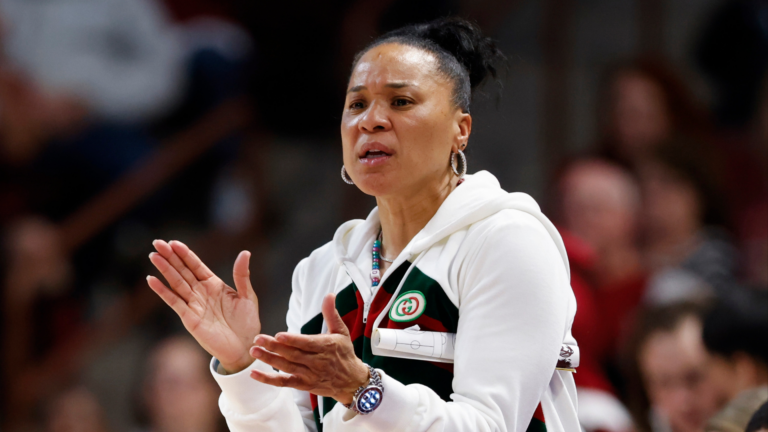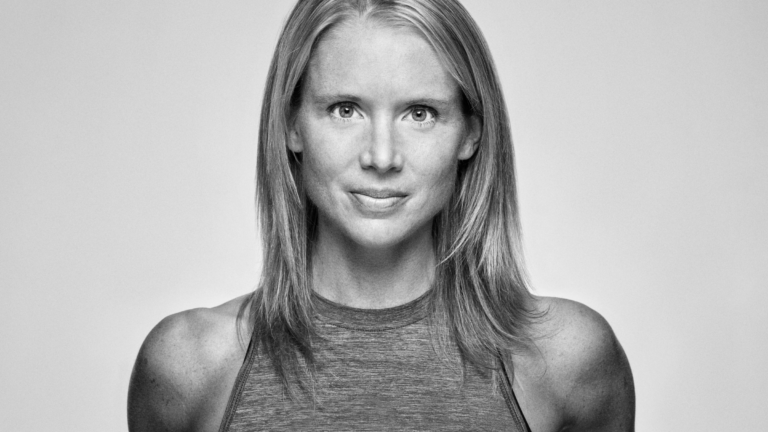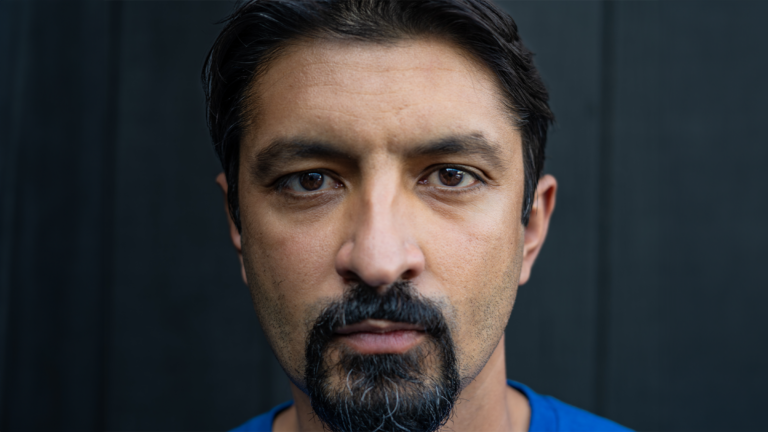This week’s conversation is with Duane Brown, the starting left tackle for the Seattle Seahawks.
He played college football at Virginia Tech, and was drafted by the Houston Texans in the first round of the 2008 NFL Draft.
If you’re not familiar with the role of the left tackle, it’s one of the most important positions on the field, responsible for protecting the “blind side” of the quarterback.
These are big men.
Duane is about 6’3”, 315 lbs.
This conversation is about what life is like for Duane when he’s not on the field.
It’s easy to judge a book by its cover and in Duane’s case, he’s gone through life being judged by both his size and his skin color.
The conversations I enjoy most on this podcast are when the guest is willing to turn off their “marketing mind” and let us in… to really understand what’s at the center of their world.
Duane does just that… he opens up about his experiences as a child and why there were times when he felt his “light was dimmed” because it was easier to be accepted that way.
This is a powerful conversation.
“I knew if I was satisfied with the work I put in then I would get the results I wanted. It was nothing else besides that that propelled me. I didn’t have a big personality. I wasn’t flashy. I just worked hard and I wasn’t always the big standout.”
In This Episode:
What was early life like?
I grew up in Richmond, Virginia. A lot of people don’t know, Virginia is on the fence between the north and the south/east coast, a little bit of everything. I grew up there, mom and dad and one older brother. Humble beginnings. It’s a different environment. I grew up somewhere where it was a lot of different cultures. For people that don’t know, Virginia was one of the first states in the US and somewhere there’s really deeply rooted in the south and the traditions of the south. And the tension between the racial divide there, it’s pretty strong. It’s kind of subtle but it’s strong. So I was raised to just carry myself a certain way out in the world.
Why was his childhood experience different?
I had a drive to be great at a young age and just wanted to be as best as I could and also just wanted to make my parents proud. So that was kind of my drive enforcing my academics early on. And I was placed in some advanced classes and in those classes it was predominantly white, my teachers, my classmates. And so that alone, and also being a bigger kid and being black in those classes, it puts you in a weird space where you don’t see a lot of people in your classes that look like you. And then just kind of the way the teachers were and the way some of my classmates were. It wasn’t tension but it was just like you’re not like us. In some cases you don’t really belong in here is kind of what it felt like. So that was my first experience with that.
How did that experience shape him?
It kind of dimmed my light a little bit as far as not wanting to be seen as much or heard as much because you don’t know how it’ll be accepted. You know what I mean? You don’t know how the energy will be returned. So I just did my work. I had fun with the kids I grew to know but in general I just wasn’t as confident as far as expressing my personality or things like that
Why does he work so hard?
My biggest driving force possibly growing up was just to get my family in a good situation financially. Like I said, we started in humble beginnings and so the experience I had from day to day, watching the stress of not knowing if bills were getting paid, meals weren’t quite up to par, things like that. My parents did a great job and did the best that they could for us, but it was a lot of stress at times regarding finances. I didn’t want that for me and I didn’t want that for my kids and I knew with this vehicle of sports that I could set my family up for generational wealth and just break a number of curses.
What does he hope the next generation gets right?
I think meditation is something that’s starting to pick up a lot more in society but it doesn’t get as much praise as it should for it’s benefits. Meditate on what you want and what you want your life to look like and what you want to excel at. Put those intentions out into the universe. I urge my kids to do it, it’s something that I think is great for all age groups and not something you have to wait for to be important as an adult.
The way he’s treated differently
LA is not a big football city. But if I’m at a grocery store and, this literally happens to me at least four to five times a week. I’ll park my car at a grocery store and I get out and I’m walking through the parking lot to go in and you just hear click, click, click of people in their cars locking the door. That happens to me at least four times a week when I’m out and about. And it’s crazy because those people don’t look at me as being a decent human. They don’t look at me as being someone that doesn’t need a dime from you. I don’t need to break into your car for anything. They don’t look at me as that but there’s a threat there.
Overcoming Anxiety and Depression
I’ve had to learn is to be present. That’s something that I’ve struggled with before. I have a very racing mind at times and you start thinking about five to 10 different possibilities and different outcomes of certain situations that haven’t even happened yet. Or conversations you’re having, you start having a conversation and then looking two topics down into the conversation that haven’t started yet and thinking okay they’re going to say this and how do I respond to that? Once you do that, you start thinking about situations and hypotheticals that don’t happen and think about a bad outcome of it and it can give you anxiety. And it’s stuff that’s buried to us. It doesn’t exist. And I used to do that all the time.
What role can we all play in making the world a better place?
We can have an understanding for each other, we can have empathy for each other, compassion for each other. I think that’s what it’s all about. I think the state that we’re in right now, there’s just a lot of misunderstandings. And I think in order to have that, there just needs to be a deep dive into history, deep dive into the history experience that different people have, especially in this country. We all have different experiences with this country, we all have different experiences on a day to day basis. So if people can have an understanding for us as African Americans in this country, we have an understanding for what the white person’s experience is here. And I don’t think there’s enough white people that have an understanding for what our experience is like here.


